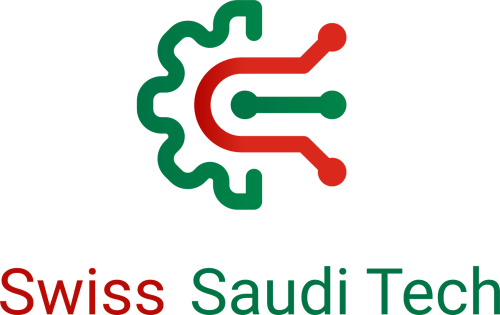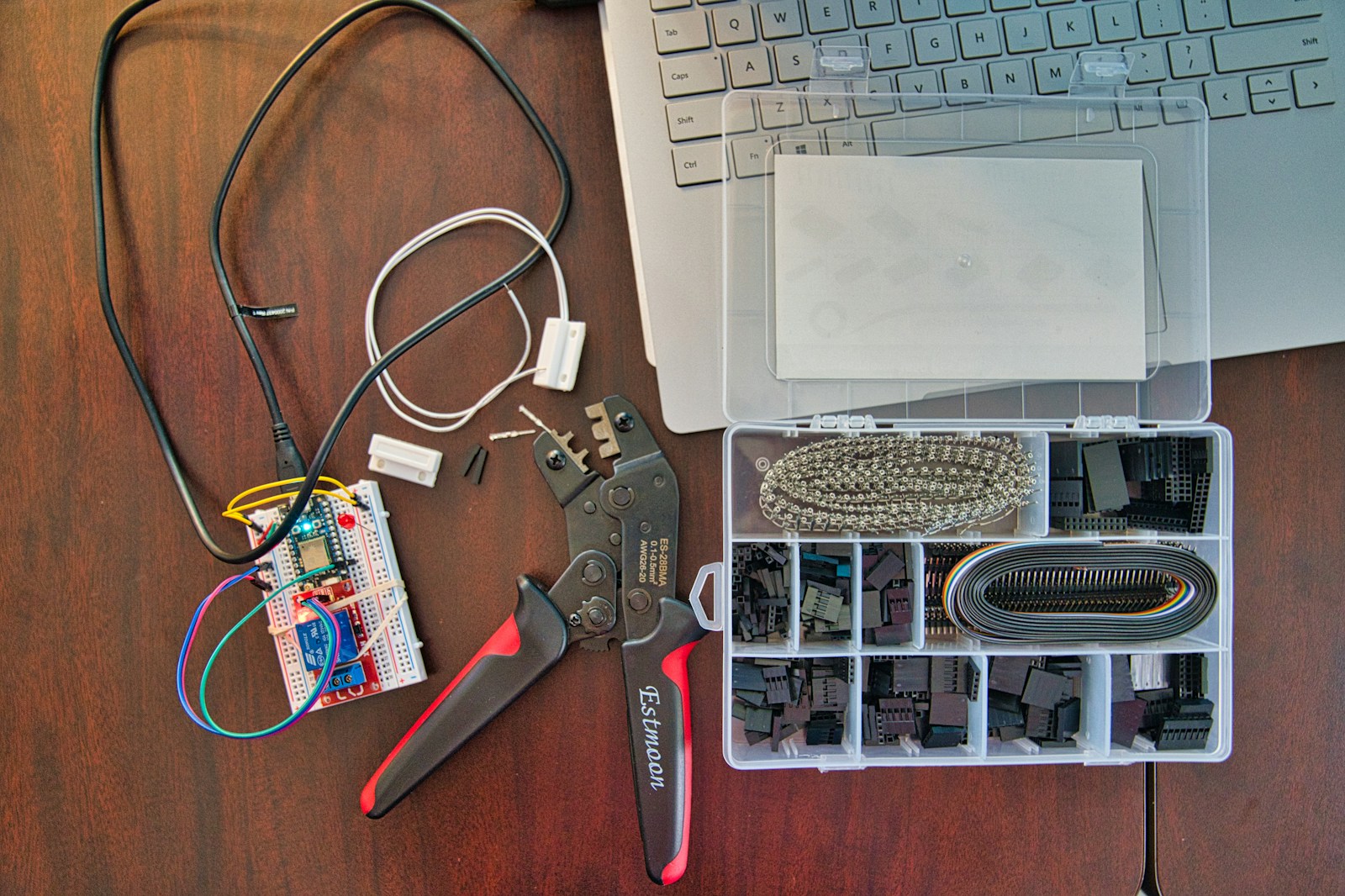Insight into Swiss Initiatives for Enhancing Technological Interoperability
Switzerland’s Leadership in IoT Standardization
As the digital landscape evolves, Switzerland is at the forefront of the Internet of Things IoT standardization across Europe, setting a benchmark for interoperability and integration. This initiative is not just about technological enhancement but also about creating a seamless framework that can foster international collaboration and innovation. Swiss authorities and tech companies are working together to develop uniform standards that would ensure IoT devices and systems can communicate more efficiently across different platforms and borders.
The importance of these standardization efforts extends beyond mere technological advancements; it is a strategic move to bolster Switzerland’s position as a global leader in digital innovation. By pushing for standardized protocols, Switzerland is paving the way for businesses to adopt IoT solutions that are scalable, sustainable, and secure. This leadership in standardization also reflects a broader commitment to supporting the digital economy through careful regulation and proactive policy-making.
For business executives and entrepreneurs, the Swiss model provides valuable insights into how aligning technology development with international standards can be crucial for gaining a competitive edge. Companies that engage early with these standards can better tailor their products and services to a global market, leveraging interoperability as a key driver of business success.
Impact on European Market Dynamics
Switzerland’s proactive approach to IoT standardization is set to reshape market dynamics within Europe. By promoting interoperability, Swiss efforts are reducing the technological fragmentation that often complicates the adoption and scalability of IoT systems across different sectors. This standardization is likely to enhance operational efficiencies and open up new opportunities for innovation in industries ranging from manufacturing to healthcare.
The ripple effects of these standardization policies will likely encourage other European nations to adopt similar frameworks, leading to a more unified European market. For businesses, this means a more predictable environment in which to operate, with reduced complexities and lower costs of entry. The potential for streamlined operations and the ability to offer cross-border services more effectively provides a significant advantage in today’s globalized economy.
Moreover, Switzerland’s emphasis on rigorous, well-defined standards is also promoting a higher level of security and privacy in the IoT realm—a critical concern for both consumers and businesses. As these standards become more entrenched, they are expected to drive greater consumer trust and, consequently, greater consumer adoption of IoT technologies.
—
Enhancing Business Strategy Through IoT Integration
Incorporating IoT technologies into business strategies is becoming a critical factor for corporate success in the digital age. Switzerland’s standardization efforts provide a blueprint for how businesses can effectively integrate IoT solutions to enhance efficiency and innovation. By adhering to established IoT standards, companies can mitigate risks associated with digital transformation while capitalizing on the interoperability of their technological investments.
This strategic integration of IoT is particularly beneficial in complex operational landscapes where consistency and reliability are paramount. For instance, in supply chain management, standardized IoT applications can greatly improve tracking and logistics, leading to smoother operations and reduced overhead costs. Similarly, in customer service, IoT can be used to enhance user experience through personalized, timely interactions that drive engagement and loyalty.
Business leaders and managers can take cues from the Swiss approach to foster environments that embrace technological change while ensuring compliance with international standards. Such proactive management not only protects the company from potential regulatory pitfalls but also positions it as a leader in technological adoption, ready to leverage the latest innovations to maintain competitive advantage.
Driving Innovation and Business Success with IoT
The standardization of IoT technologies as spearheaded by Switzerland has the potential to drive significant innovation and business success. With a standardized framework in place, companies are more able to focus on enhancing their product offerings without being hindered by incompatible technologies or inconsistent regulatory environments.
Furthermore, the interoperability ensured by standardization fosters greater collaboration between industries and sectors, leading to innovative solutions that can address complex challenges. For example, IoT can facilitate the integration of renewable energy sources into traditional energy grids, thus supporting sustainable development initiatives while also providing business opportunities in green technologies.
Lastly, the commitment to standardization in IoT reflects a broader trend towards embracing cutting-edge technologies such as AI and blockchain, which can be integrated into IoT projects to enhance functionality and security. As these technologies converge, the potential for transformative business models and strategies that capitalize on the full spectrum of digital innovation is immense. Leaders who understand and implement these integrated technologies are well-positioned to lead their businesses to new heights of efficiency and profitability.
#SwissInnovation, #IoTStandardization, #DigitalTransformation, #EuropeanTechnology, #BusinessStrategy, #AIIntegration, #BlockchainDevelopment, #ChangeManagement, #LeadershipExcellence, #ProjectManagement











